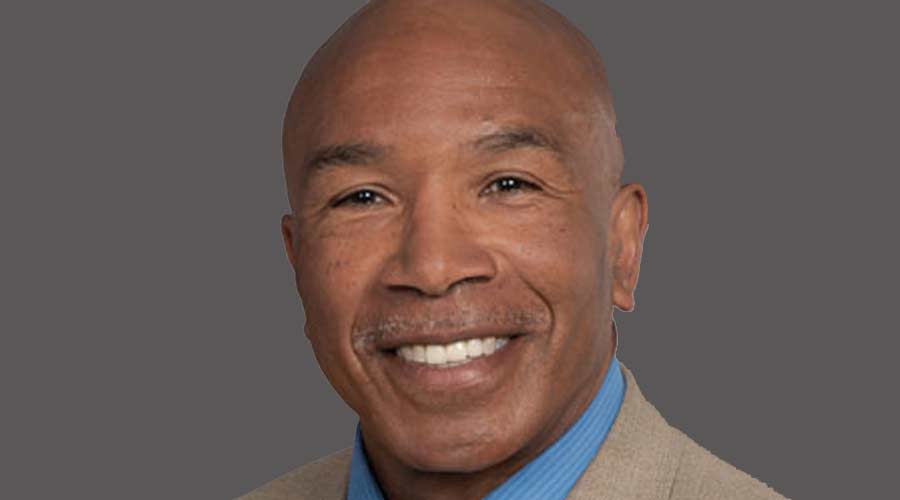
A manager's success is ultimately dependent on the success of the team they supervise. Unfortunately, most managers — especially young people new to the role — struggle with how to support a team to achieve departmental goals in a sustainable way.
Early in my supervisory career, I found myself among this category of managers. To get up to speed, I sought out training courses and worked with a mentor to develop my leadership and people skills.
My first mentor was a hospital chaplain. We would meet for lunch or take walks around the facility while we talked. On one of the more memorable walks, we discussed how the practice of active listening is important to establishing effective relationships. The conversation resonated with me because he compared it with the popular nursery rhyme, “The Wise Old Owl,” by Edward Hersey Richards:
A wise old owl lived in an oak,
The more he saw, the less he spoke.
The less he spoke, the more he heard,
Now wasn’t he a wise old bird?
As I explored how I could be a better listener, I came across the concept of Servant Leadership. This is a philosophy that prioritizes the needs of others before oneself. In fact, active listening is the cornerstone of Servant Leadership and outlines that leaders should seek out the will of the group by listening both to what is being said, and what isn’t.
Simple tips for improving your listening skills include:
• Make a conscious decision that your goal is to understand.
• Place is important. Privacy and quiet spaces allow for trust and no distractions.
• Maintain eye contact and use non-verbal communication to show that you are listening.
• Paraphrase once you feel you are able. If not, ask questions to gain more insight.
• Give constructive feedback once the person has concluded their communication.
• Create a system or structure that enables you to regularly listen to your team.
• Express your gratitude and be humble.
• Discover growth opportunities for the team and individuals.
Active listening provides leaders with an opportunity to connect with and serve their teams — as opposed to being a leader first. This is the overall principle behind being a servant leader.
It’s the natural desire of a leader to care for and serve others for the betterment of their wellbeing, but not everyone has a natural mindset or personality to be a servant. Some leaders may feel that their authority is diminished if they take this approach. With self-awareness, however, and the willingness to try a new approach to leading, I believe everyone can take on the characteristics of a servant leader.
When done correctly, leaders will begin to experience the improvement in their relationships, tension between leaders and members of their team will start to lessen, and the engagement and dedication that team members bring to the workplace each day will increase. When this happens, leaders will be encouraged to focus on mastering the principles of Servant Leadership.
We all know what it feels like to be listened to — we feel understood and valued. Unfortunately, we also know how it feels when we aren’t presented with the opportunity to have our voice heard — disrespected, not valued, or not a part of the team. As a result, we can easily become disinterested, disengaged, and less likely to put our heart into contributing.
Once I learned to empty my mind of preconceived notions, took a few deep breaths and listened to what my team was saying, I could ensure 100 percent focus. I was able to understand the needs of the team around me — both to what was being said and not being said. From there, the goal is to offer suggestions and solutions, but more importantly create growth opportunities.
Gene Woodard, R.E.H., spent more than 45 years in the cleaning industry, retiring as the director of building services at the University of Washington, before which he spent almost a decade at Emanual Hospital in Portland, Oregon. Gene was also a founding member of the Healthy Green Schools & Colleges Steering Committee and served for many years as an advisory board member of Facility Cleaning Decisions magazine.

 Celebrating BSCAI's 60th Anniversary eBook
Celebrating BSCAI's 60th Anniversary eBook The Down and Dirty on Cleaning in Virus Season
The Down and Dirty on Cleaning in Virus Season How Surfactant Use is Expanding in Commercial Cleaning
How Surfactant Use is Expanding in Commercial Cleaning